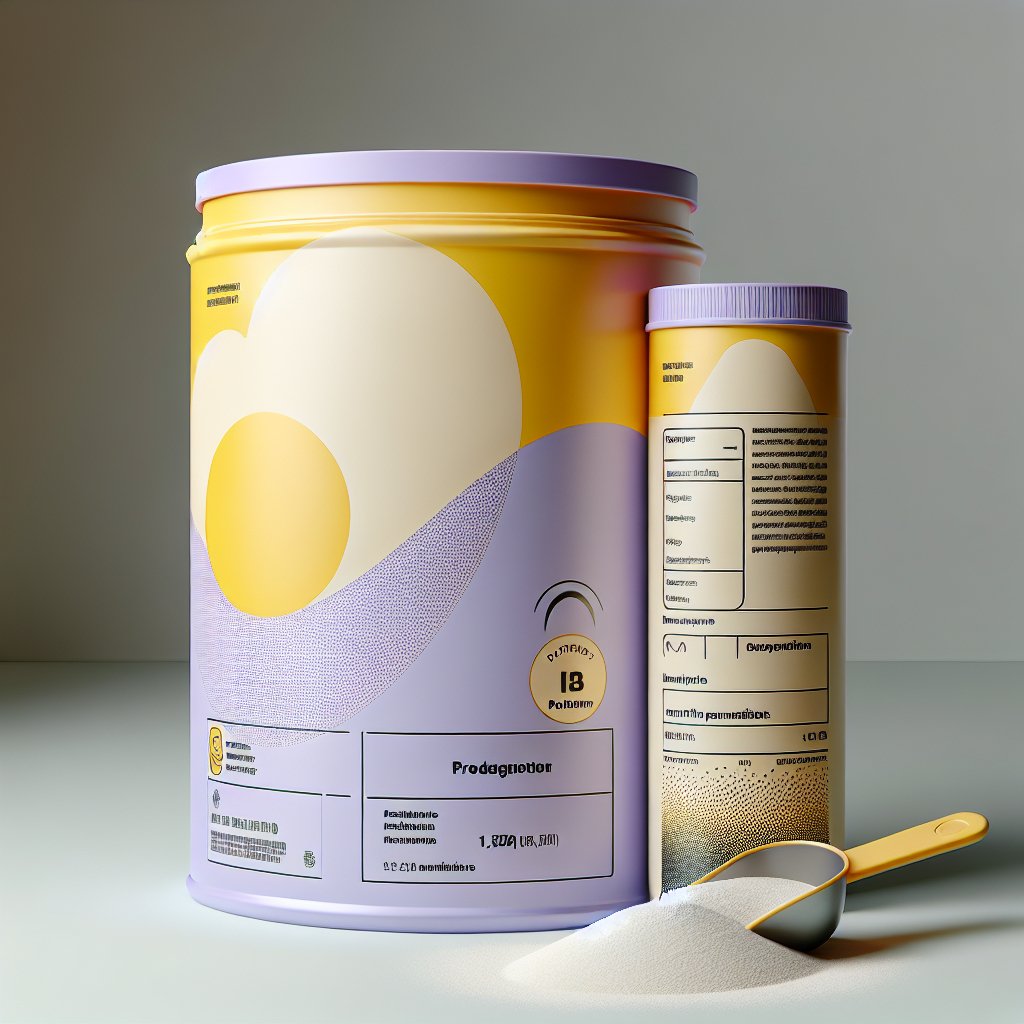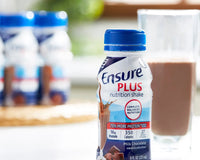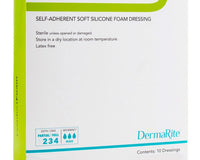When it comes to infant nutrition, parents have a plethora of options, each addressing specific needs and preferences. Two popular choices among caregivers are Enfamil AR and Enfamil Gentlease. These formulas are formulated to cater to different health issues that infants may face, ensuring they get the right balance of nutrients for healthy growth and development.
Enfamil AR is primarily designed to manage reflux, a common issue where babies spit up more than usual. It contains rice starch that thickens in the baby's stomach, reducing the frequency of spit-up episodes. On the other hand, Enfamil Gentlease is tailored for infants with sensitive tummies and aims to ease gas and fussiness. It features partially broken-down proteins to make digestion easier for little ones.
Understanding the unique benefits of these formulas is crucial for selecting the right one for your baby. However, some parents wonder if they can mix Enfamil AR and Gentlease to combine the benefits of both. This article delves into that question, examining the potential advantages, risks, and expert opinions on the matter.
At Cart Health, we are committed to providing the medical supplies, health solutions, and support you need to make life a little easier. Order online here for convenient shopping and doorstep delivery!
Understanding the Ingredients and Benefits
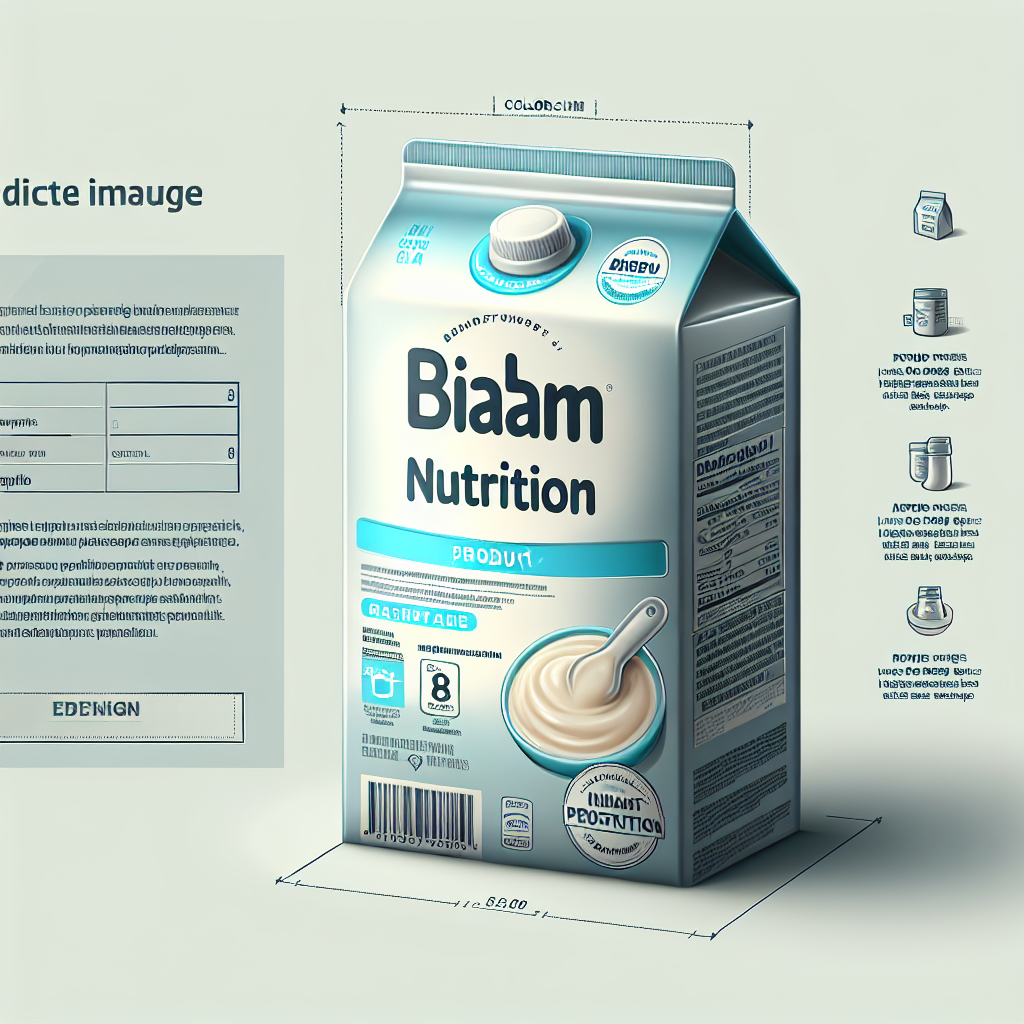
Before deciding whether to mix Enfamil AR and Gentlease, it's essential to understand the ingredients and benefits of each formula. Enfamil AR is enriched with rice starch, which thickens in the stomach to help reduce spit-up. This formula also contains essential nutrients like DHA and ARA, which are critical for brain and eye development.
Enfamil Gentlease, on the other hand, is designed for babies who experience gas, fussiness, and crying due to digestive issues. It features partially hydrolyzed proteins, which are easier for babies to digest. Additionally, Gentlease contains a blend of nutrients, including DHA, choline, and iron, which support overall growth and cognitive development.
Both formulas are fortified with a variety of vitamins and minerals to ensure your baby receives balanced nutrition. These include vitamins A, C, D, E, and K, as well as several B vitamins, calcium, phosphorus, and zinc. While Enfamil AR focuses on reducing spit-up, Gentlease aims to alleviate discomfort from gas and fussiness.
Knowing these differences can help you make an informed decision about which formula is best suited for your baby's needs. The next section will delve into the potential benefits and risks of mixing these two formulas.
Potential Risks of Mixing Enfamil AR and Gentlease
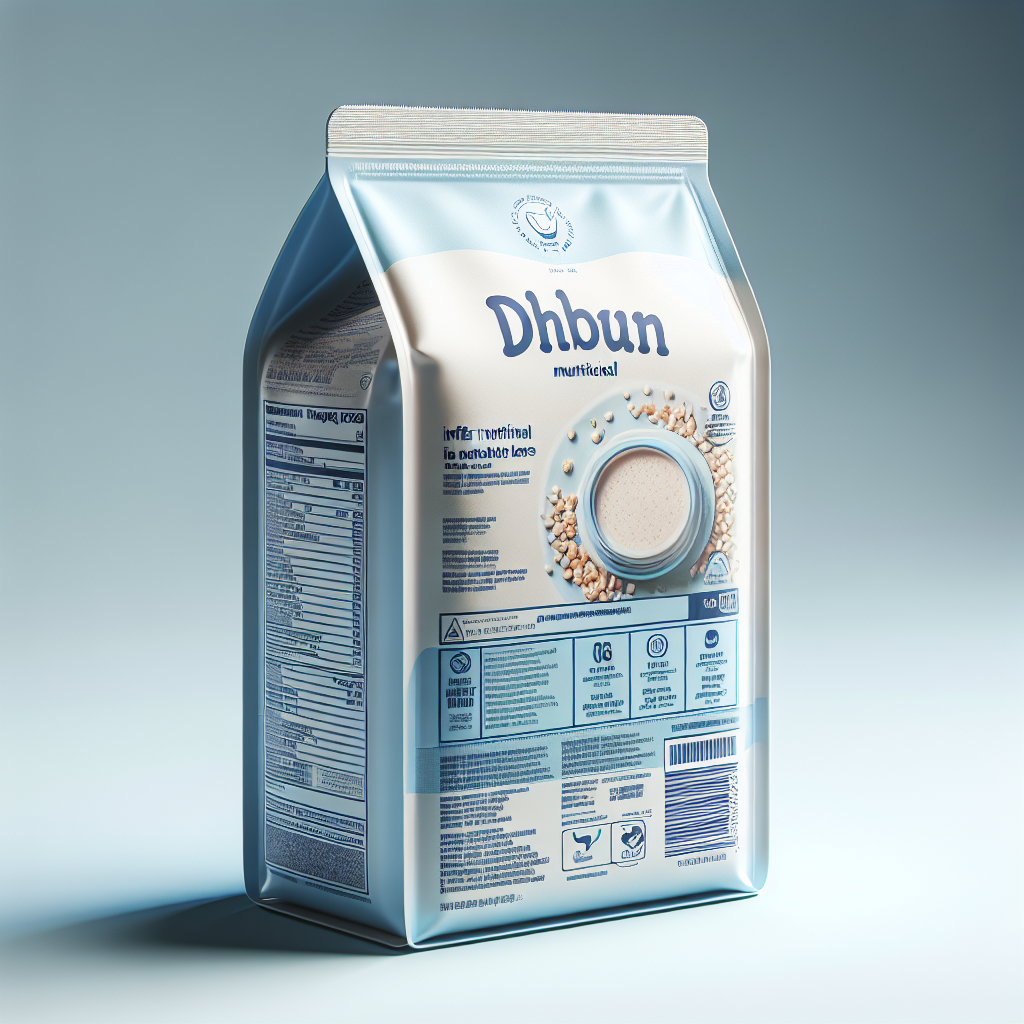
While it might be tempting to combine the beneficial properties of both Enfamil AR and Gentlease by mixing them, it's crucial to consider the potential risks involved. One primary concern is the possible dilution or imbalance of essential nutrients. Each formula is carefully designed to provide a specific balance of vitamins, minerals, and other nutrients. Mixing them could unintentionally disrupt this balance, potentially affecting your baby's nutritional intake.
Another risk is the interaction between different ingredients. Enfamil AR contains rice starch, which thickens in the stomach to reduce spit-up, while Gentlease has partially hydrolyzed proteins for easier digestion. When these components are combined, it could lead to unexpected digestive issues, such as increased gas, bloating, or even constipation, as the body might struggle to process the mixed components effectively.
Additionally, mixing formulas might complicate identifying the source of any adverse reactions your baby may experience. If your baby develops symptoms like rash, vomiting, or diarrhea, it could become challenging to determine which formula is the culprit, complicating the process of making necessary adjustments to their diet.
Lastly, always consult with your pediatrician before making any changes to your baby’s feeding regimen. Your healthcare provider can offer personalized advice and may suggest alternative solutions that better meet your baby’s unique needs without introducing unnecessary risks.
Expert Opinions on Mixing Formulas
When it comes to mixing formulas like Enfamil AR and Gentlease, expert opinions are invaluable. Pediatricians and nutritionists generally advise against mixing different infant formulas without medical guidance. According to Dr. Sarah Mitchell, a well-known pediatrician, *each formula is specifically designed to address certain health issues*, and mixing them can dilute their effectiveness.
Dr. Mitchell emphasizes that Enfamil AR is formulated to reduce spit-up and reflux through its rice starch content, while Gentlease is designed for infants with fussiness and gas, using partially hydrolyzed proteins to ease digestion. *Combining these formulas can potentially interfere with their intended benefits*, leading to unintended consequences.
Nutrition expert, Dr. Emily Roberts, also shares her insights, stating that *the precise nutrient balance in each formula is critical for an infant’s growth and development*. Mixing formulas might lead to nutrient imbalances, which can affect an infant's overall health. She advises parents to stick to one formula and give it time to work unless instructed otherwise by a healthcare professional.
Moreover, lactation consultant, Jane Turner, suggests that before considering mixing formulas, parents should consult with their pediatrician to explore other alternatives. Sometimes, simple adjustments in feeding techniques or schedules can resolve issues without the need to mix different formulas.
In summary, while the idea of mixing formulas might seem like a convenient solution, expert opinions strongly caution against it due to the potential risks and the importance of maintaining each formula's unique benefits. Always seek professional advice before making any changes to your baby's diet.
Best Practices for Combining Baby Formulas
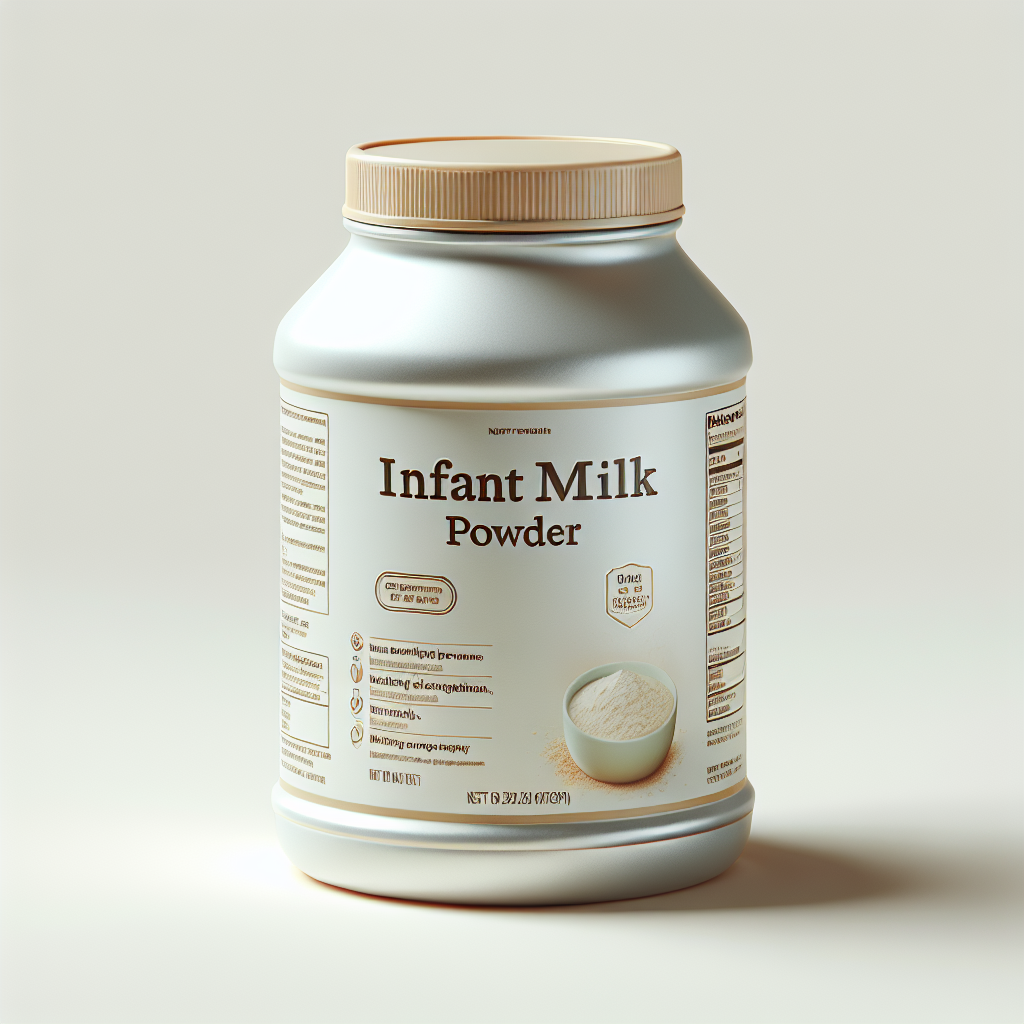
For parents considering the combination of baby formulas, following *best practices* is crucial to ensure your baby's health and well-being. Here are some guidelines to help you navigate this process safely:
- Consult Your Pediatrician: Before combining any formulas, it’s essential to discuss your plan with your pediatrician. They can provide personalized advice based on your baby's specific needs and medical history.
- Monitor for Allergies: When introducing a new formula or combination, keep a close eye on your baby for any signs of allergies or food sensitivities. Symptoms can include rashes, excessive gas, diarrhea, or vomiting.
- Gradual Transition: If you need to switch or combine formulas, do so gradually. Start by mixing small amounts of the new formula with the old one, and slowly increase the proportion over several days. This helps your baby's digestive system adjust smoothly.
- Consistent Mixing Ratios: When you mix formulas, ensure that you are using the correct mixing ratios as per the manufacturer’s instructions. Incorrect ratios can lead to nutritional imbalances.
- Observe Feeding Patterns: Pay attention to how your baby reacts to the new combination. Any changes in feeding patterns, stool consistency, or behavior should be noted and discussed with your healthcare provider.
- Storage and Preparation: Always follow safe storage and preparation guidelines for infant formulas. Ensure that water is boiled and cooled before mixing, and bottles are sterilized to prevent any contamination.
By adhering to these best practices, you can help ensure that combining baby formulas is done safely and effectively. Remember, your baby's health and comfort are paramount, so any changes to their diet should be approached with caution and professional guidance.
Consulting Your Pediatrician for Advice
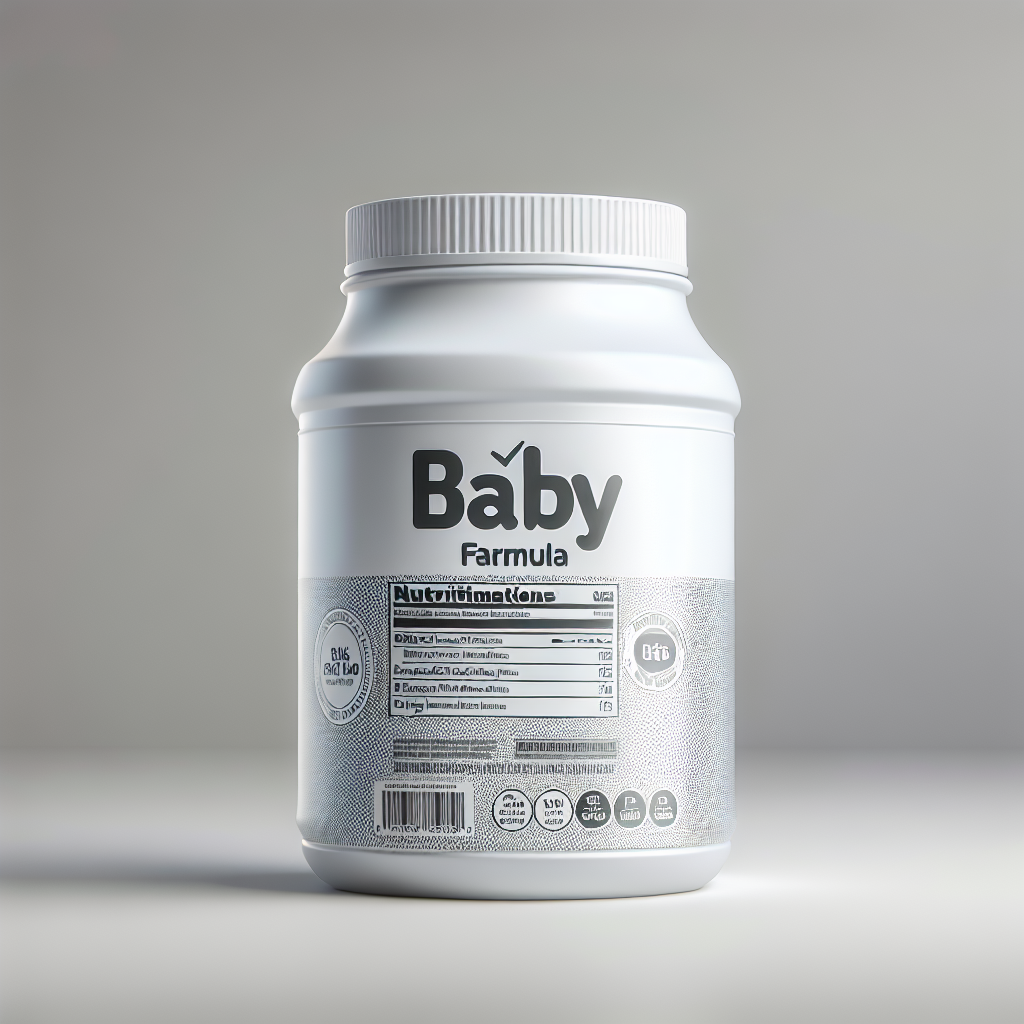
When it comes to your baby's nutrition, seeking professional guidance is invaluable. **Consulting your pediatrician** is a critical step before making any changes to your baby's feeding regimen, including mixing formulas like Enfamil AR and Gentlease. Pediatricians are well-equipped to provide personalized advice based on your baby’s unique health profile.
**Why Consult a Pediatrician?**
- Expert Insight: Pediatricians have extensive knowledge about infant nutrition and can offer insights that are tailored to your child's specific needs. They can help you understand the benefits and potential risks of mixing different formulas.
- Identify Allergies and Sensitivities: Your pediatrician can help you monitor for any signs of allergies or food sensitivities that might arise from a new formula combination. Early detection and intervention are crucial for your baby's well-being.
- Customized Feeding Plans: Based on your baby's growth, weight, and overall health, your pediatrician can recommend the best feeding practices and formula combinations. This ensures your baby receives the optimal nutrition for their development.
- Monitoring and Support: Regular consultations allow for continuous monitoring of your baby's health and feeding habits. Your pediatrician can make adjustments as needed, providing ongoing support throughout your baby's early years.
Remember, every baby is unique, and what works for one might not work for another. Therefore, professional guidance is essential to make informed decisions about your baby's diet. If you have any questions or concerns, don’t hesitate to reach out to your pediatrician.
For convenient shopping and doorstep delivery of your baby’s nutritional needs, order online here!

